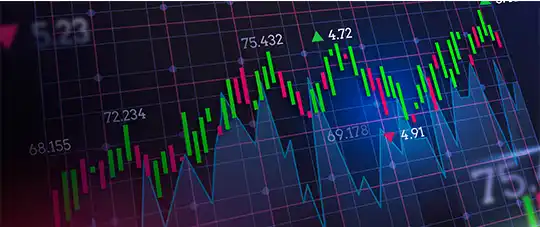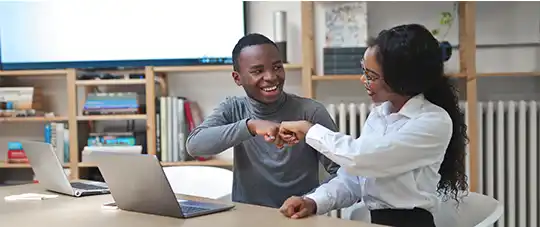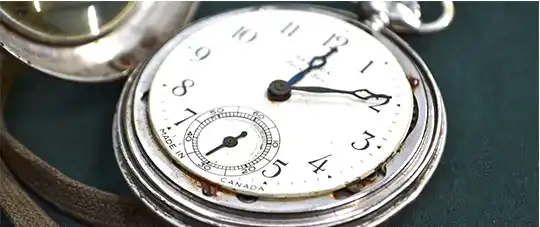WHAT IS A FOREIGN BUREAU DE CHANGE?
A bureau de change or currency exchange is a licensed business where people can exchange one currency for another. Simply put, it is a business of exchanging foreign currencies. Bureau de change are licensed and regulated by the bank of Tanzania (BoT).
In 2018 there was a crackdown of bureaus de change in Tanzania. Almost all of them were closed – money laundering, tax evasion and poor KYC where some of the reasons.
Then, the BoT issued the now repealed Foreign Exchange (Bureau de Change) Regulations, 2019 to cab the situation. The 2019 Regulations were very strict. Only a few bureaus de change managed to meet the operation requirements.
However as a result of the dollar shortage the BoT has made a number of reforms including the introduction of the new, more relaxed, Foreign Exchange (Bureau de Change) Regulations, 2023. This will incite more dealers to provide the currency exchange service.
WHAT ARE THE FOREIGN EXCHANGE (BUREAU DE CHANGE) REGULATIONS, 2023?
The Foreign Exchange (Bureau De Change) Regulations, 2023 (the Regulations) repealed and replaced the Foreign Exchange (Bureau de Change) Regulations, 2019. The regulations regulates the activities of all bureau de change licensed in Tanzania mainland and Zanzibar.
As opposed to the former regulations which were very strict, the 2023 regulations are flexible introducing a tiered licensing system with three classes; A, B, and C.
HOW DO I OPEN A BUREAU DE CHANGE?
Licensing requirements;
To operate a bureau de change you need to have a special license issued by the Bank of Tanzania (BOT). There are three kinds of bureau de change licenses which include Class A, Class B and Class C.
CLASS A
Class A license is issued to foreign or locally owned bureau de change that intends to deal with spot forex buying/selling, money transfer and other financial services related activities and have branches around the country.
To be eligible for Class A license you must be a company incorporated in Tanzania. You must have a paid up share capital of at least TZS 1 billion for a foreign majority owned bureau de change. Or TZS 500 million for a locally majority owned.
CLASS B
Class B license is only issued to 100% locally owned bureau de change that intends to deal with spot forex buying/selling. You cannot open a branch with the Class B license. However it is possible to change from Class B to Class A license if you meet the requirements.
To be eligible for Class B license you must be a company incorporated in Tanzania with paid up share capital of at least TZS 200 million.
In addition you can carry out agency business of a bank, financial institution, mobile money operator, insurance company, or other financial services for Class A or B license.
CLASS C
Class C license is exclusive to three stars hotels that intend to deal forex buying/selling to the hotel’s customers only.
To be eligible for a Class C license you must be a hotel incorporated or registered in Tanzania which is rated three stars or above. There is no minimum share capital requirement for this license.
The BoT processes the application within one month and if all is well you’ll be given a provisional approval.
AFTER PROVISIONAL APPROVAL, WHAT NEXT?
Within six months after receiving the provisional approval, for Class A and Class B license, you must ensure that you have the amount set aside for paid up capital. The business premise is fitted with CCTV. You have documented procedures for detecting and reporting money laundering and set operation policies for accounting, ICT, and money laundering and combating financing terrorism.
Additionally for a Class A license you should have an account with the BoT where you transfer a non-interest bearing amount equivalent to $100,000 for a Class A with foreign majority owned and $50,000 for locally majority owned.
After inspection and approval the BoT shall issue a license which will remain valid until suspended. However there is an annual subscription fee of TZS 500,000/=.
HOW DOES A FOREIGN BUREAU DE CHANGE WORK?
Business Model;
A bureau de change is a business where, in competition with other similar businesses, you make profit by buying foreign currency and then selling the same at a higher exchange rate.
The exchange rates charged at bureau are generally related to the international spot rate, which is basically a changing value set by a network of banks that trade currencies. A bureau de change may sale currency for any purpose and in an amount, provided the transaction is supported by appropriate documents.
Bureau de change make money by charging customers a fee for their services. Their take advantage of the bid-ask spread in the currency. The bid price is what the dealer is willing to pay for a currency, while the ask price is the rate at which a dealer will sell the same currency.
For example, Thomas is an American traveler visiting Tanzania. The cost of purchasing Shillings at the airport may be quoted as follows:
| Currency | Selling rate | Buying rates |
|---|---|---|
| $ | 2,520.00 | 2,495.00 |
The lower price (TZS 2,495) is the cost to sell each dollar. Thomas wants to sell USD. 5,000 he can sell the dollars at the bid price of TZS. 2,495/= (the lower price) and would receive TZS. 12,475,000/= in exchange for his dollars.
Suppose also that the next traveler in line has just returned from her Tanzanian vacation and wants to sell the shillings that she has left over. Anna has TZS. 12,475,000/= to sell. She can sell the shillings at the bid price of USD 2,520 (the higher price) and would receive USD 4,950 in exchange for her shillings.
Because of the bid-ask spread, the dealer is able to make a profit of USD 50 from this transaction (the difference between USD 5,000 and USD 4,950).
When faced with a standard bid and ask price for a currency, the higher price is what you would pay to buy the currency and the lower price is what you would receive if you were to sell the currency.
Desclaimer
ARTICLE SOURCE
- The Foreign Exchange (Bureau De Change) Regulations, 2023



